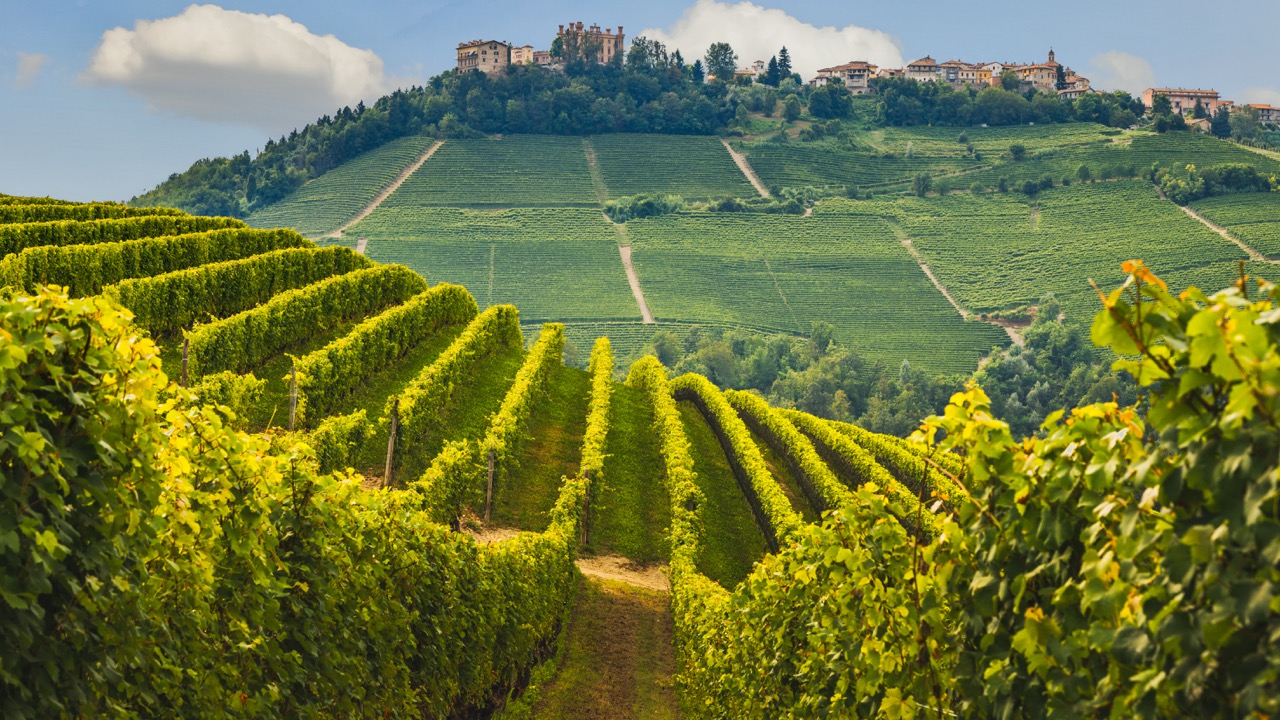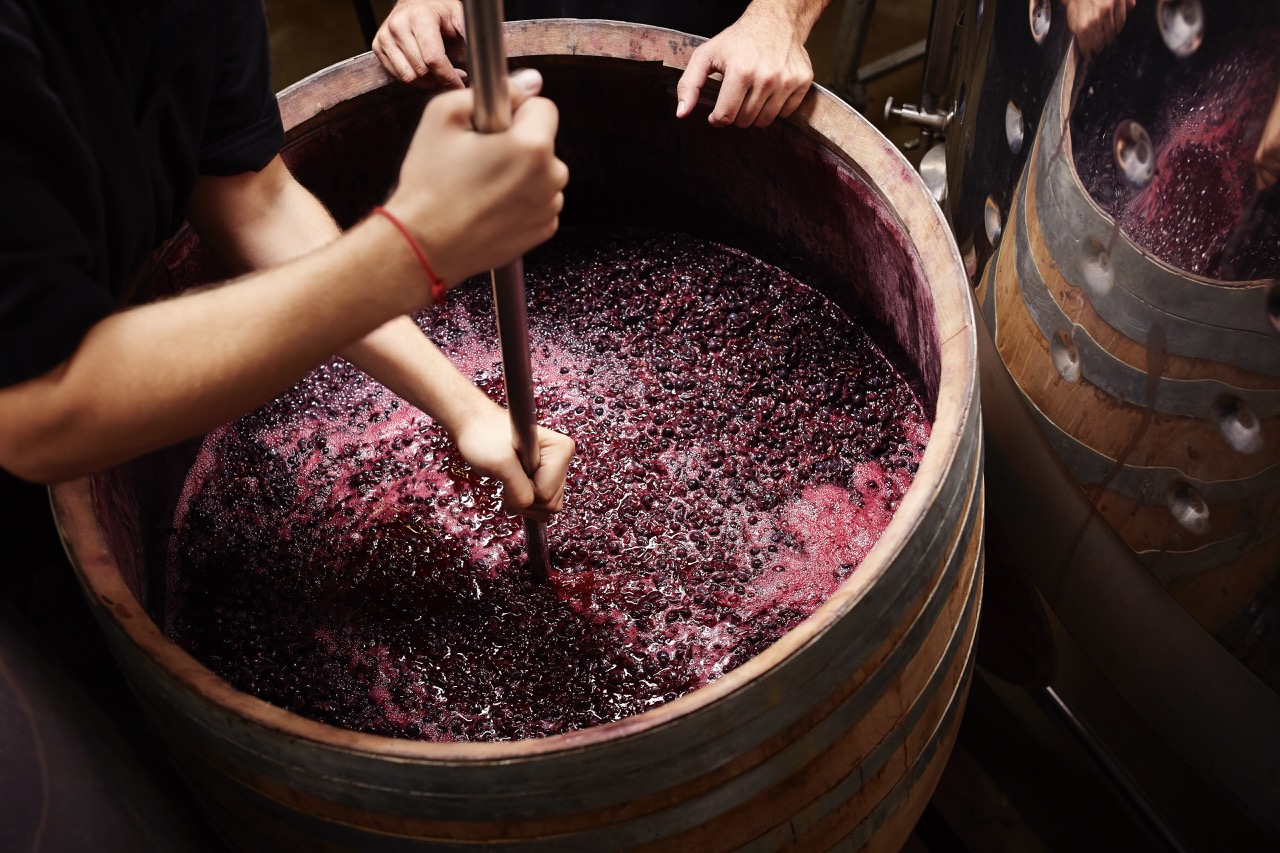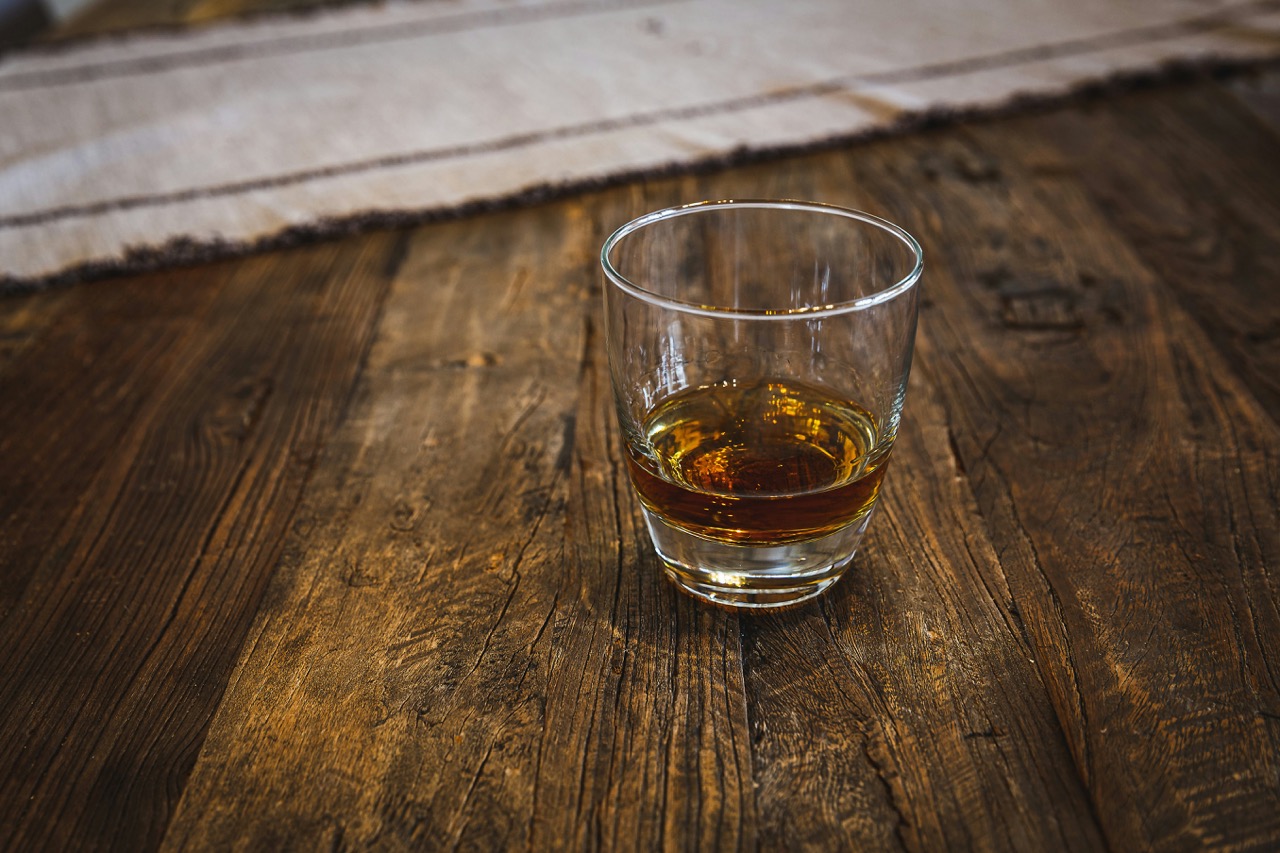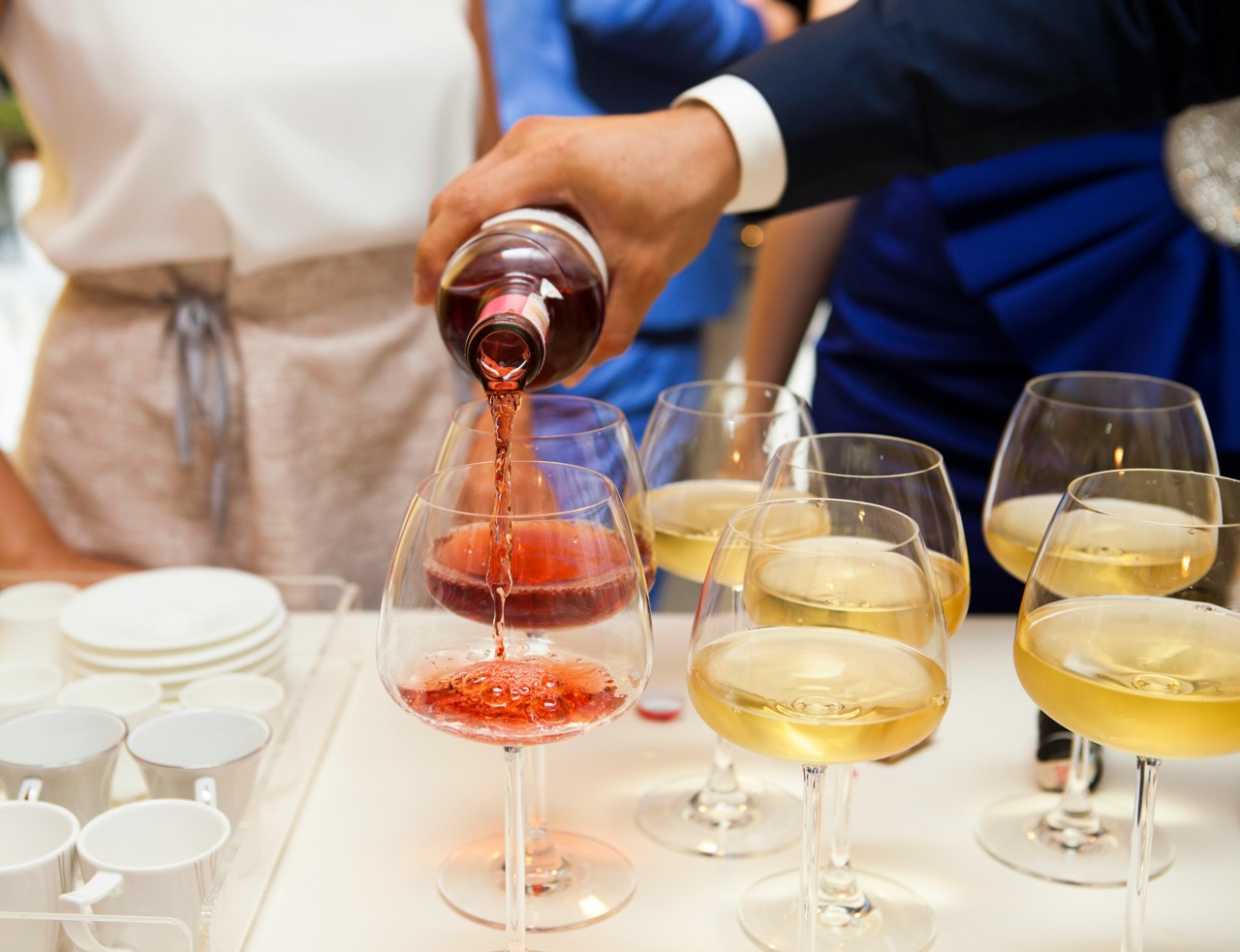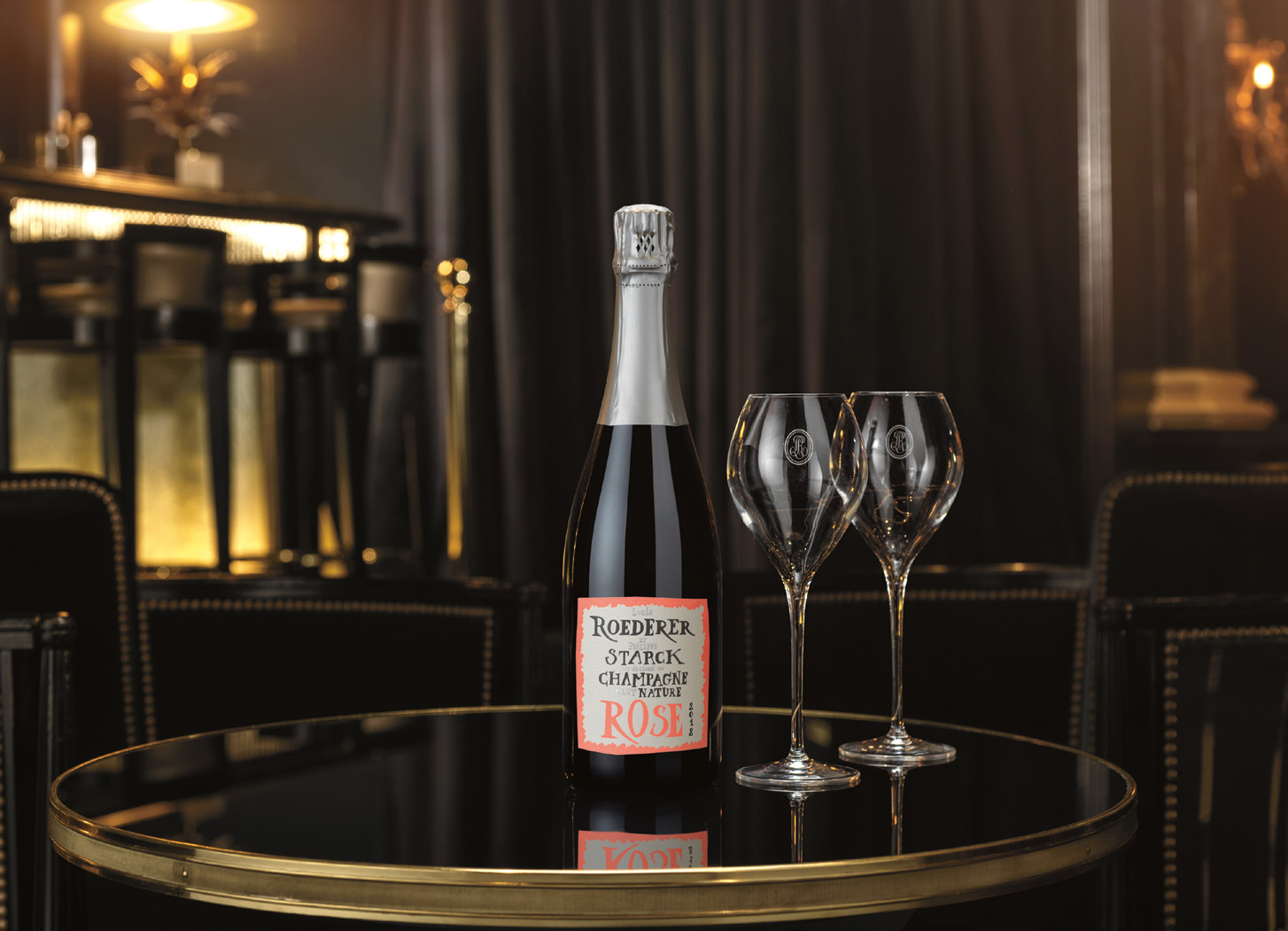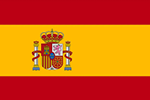Tangible ASSETS, timeless returns:
DIVERSIFY with fine wine & whisky.
COLLECT with confidence.




![Wine investment CEO of the year2[6]](https://oenogroup.com/wp-content/uploads/2023/12/Wine-investment-CEO-of-the-year26-213x300.png)

Why you should collect Fine Wine & whisky
Oeno’s expert wine & whisky traders can help you discover the benefits of collecting in these exciting markets. We are true pioneers in fine wine and whisky collecting, trailblazing a path through under the radar fine wine regions and whisky distilleries, revolutionising the way collectors interact with these unique markets.
A truly pioneering concept in the wine sector: Oeno Trade partners private wine investors with the enormously exciting hospitality trade offering a delectable selection of wines at their optimum maturity.
Lastest Releases
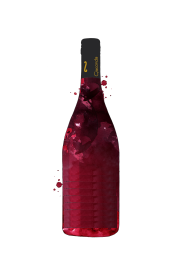
£50.00
Joaquin
Joaquin Viaggiatori Aglianico 2022 750ml
Italy

£9,999,999.00
Tenuta il Greppo
Tenuta il Greppo Biondi Santi Brunello di Montalcino Riserva 2016 750ml
Italy

£76.84
Castellare di Castellina
Castellare di Castellina I Sodi di San Niccolo 2019 750ml
Italy

£140.00
Poggio al Tesoro
Poggio al Tesoro W Dedicato a Walter 2016 750ml
Italy









Our House Is Your Home
Oeno House is a modern wine boutique designed for every appreciator of fine wine, located at The Royal Exchange, one of London’s most vibrant and atmospheric buildings. Our Expert Team are looking forward to welcoming and offering you some of the world’s finest wines.




